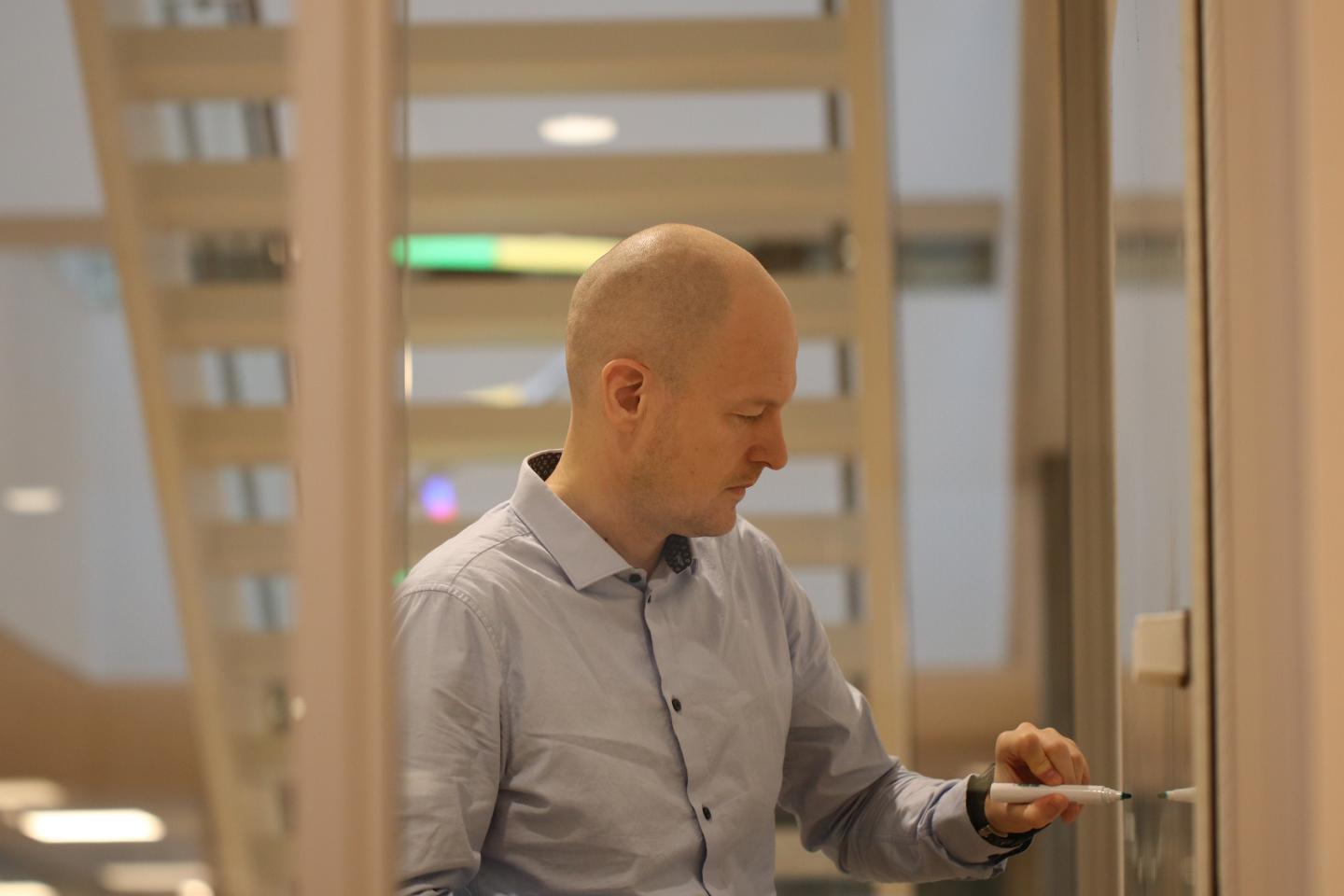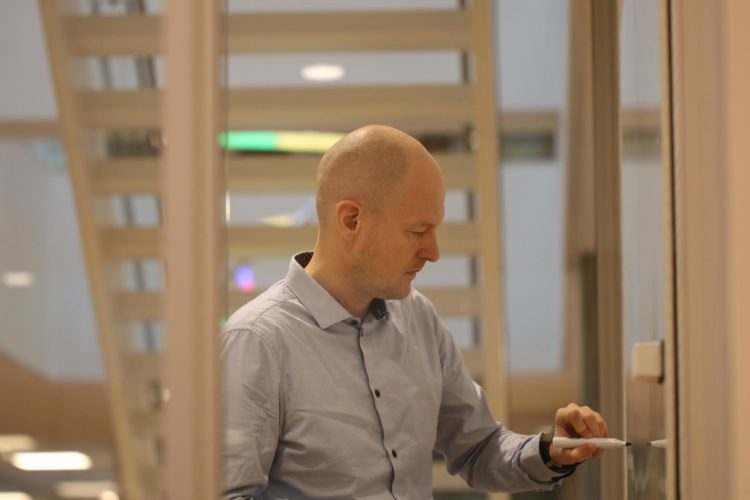New research concerning Life Cycle Assessment (LCA) reveals challenges and opportunities in bio-chemical production.

Credit: The Novo Nordisk Foundation Center for Biosustainability
Black chemicals from oil pollute. Green ones from biomass don’t. Or is it really so simple? Not necessarily, as demonstrated in two newly published articles about LCA in Nature Sustainability and GCB Bioenergy.
“The fact that something is ‘bio’ doesn’t always mean that it is better. It depends primarily on modes of production conditions and energy usage at various life cycle stages. Therefore, in general, we need to think and assess the whole life cycle of the product to identify their impacts,” says Ólafur Ögmundarson, Researcher at The Novo Nordisk Foundation Center for Biosustainability (DTU Biosustain).
In this study, Ólafur Ögmundarson and his colleagues investigated how LCA’s can guide us towards more sustainable bio-chemical production methods. One solution is to identify problematic environmental hotspots in the production process of important bio-chemicals, which in this case are chemicals produced from renewable biomass with microbial fermentation.
Minimise solvents and black energy
In the study published in GCB Bioenergy, the researchers focused on the important bio-chemical lactic acid that is mostly used for bioplastics. Even though this bio-chemical does not come in an oil-derived version, the LCA showed some hotspots for improvement in the biomass input.
Furthermore, from the example of lactic acid, the authors saw some general tendencies. For instance, heavy usage of solvents can have a negative impact on the sustainability footprint of the biochemical. This negative impact was seen even if the solvents were being reused, because that process is often highly energy intensive.
Another general tendency is that using black energy in production can turn sustainable bio-chemicals into polluting alternatives.
One might ask whether it is worth the effort making chemicals sustainably. The answer is undoubtedly ‘yes’ if one wants a sustainable society that does not depend on fossil fuels. Furthermore, there is huge room for improvement, when it comes to chemicals. In 2017, consumer chemicals accounted for approximately 50 percent of the chemicals market with total revenues of approx. USD 2,100 billion. Furthermore, only about 1-2 % of all chemicals are bio-manufactured today.
“Finding alternative and sustainable production methods for black chemicals is imperative and a pressing issue,” Ólafur Ögmundarson says.
Sea based biomass can become part of the solution
Today, lactic acid is produced from corn sugar by microbes. In the assessment, the researchers compared corn sugar with corn stover and macroalgae in its early stages of development. Even though macroalgae are still a hypothetical feedstock for microbes, using algae will have numerous advantages: They do not take up farmland, they are fast growing, and they are relatively easy to eat for microbes compared to hard land biomass such as leaves and tree. The main challenge with macroalgae is that they have to be dried in order to get transported to the biorefinery. And since drying is energy demanding, macro-algae ended up with a fairly bad sustainability factor in this study.
“In places with primarily black energy sources, this drying process will make the sustainable factor even worse. But if you can avoid drying macroalgae and at the same time get the microbes to feed on all of the different sugars available in this feedstock, it can become a more sustainable alternative to using sugar. But the technologies are still too immature to draw too bold conclusions,” Ólafur Ögmundarson says.
We need more LCA’s
The researchers stress that we need more LCA’s for a lot of bio-chemicals. Without these, you are trying to fix a problem in the dark.
“In too many cases, it is not clear if the actual environmental impacts of new bio-products have been calculated before they are marketed. This can have some very negative consequences because if you find out too late if your method and product is actually more polluting than current products on the market, you do not have the time to optimise for these negative impacts,” he says and continues:
“We, therefore, recommend to apply LCA in the development phase of biochemicals in a systematic way to identify environmental hotspots at early stage of development. That will give other scientists a tool to direct their research to develop truly environmentally sustainable bio-chemicals, while there is still operating space for change. This will accelerate the contribution from biotechnology to solve the world’s sustainability challenges.”
Money and sustainability should go hand in hand
Today, a standardised LCA does not consider the economic viability of a product, e.g. production- and investment cost, markets and prices. To correct this, researchers at The Novo Nordisk Foundation Center for Biosustainability, in collaboration with the Quantitative Sustainability Assessment research group at DTU Management, are working on combining the LCA methodology with techno-economics. A Techno-Economic Assessment (TEA) analyses the technical and economic performance of a process, product or service. This is done in order to evaluate both the environmental and economic sustainability of emerging and future bio-chemicals with a sustainable end in mind.
Ólafur Ögmundarson is today affiliated to the The Novo Nordisk Foundation Center for Biosustainability through the Horizon 2020 project MIAMi, where he investigates the sustainability potential, hotspots and opportunities in creating specific cancer drug agents in microbial production hosts instead of extracting them from rare plants.
###
Media Contact
Anders Østerby Mønsted
[email protected]
45-24-67-79-47
Original Source
https:/
Related Journal Article
http://dx.





